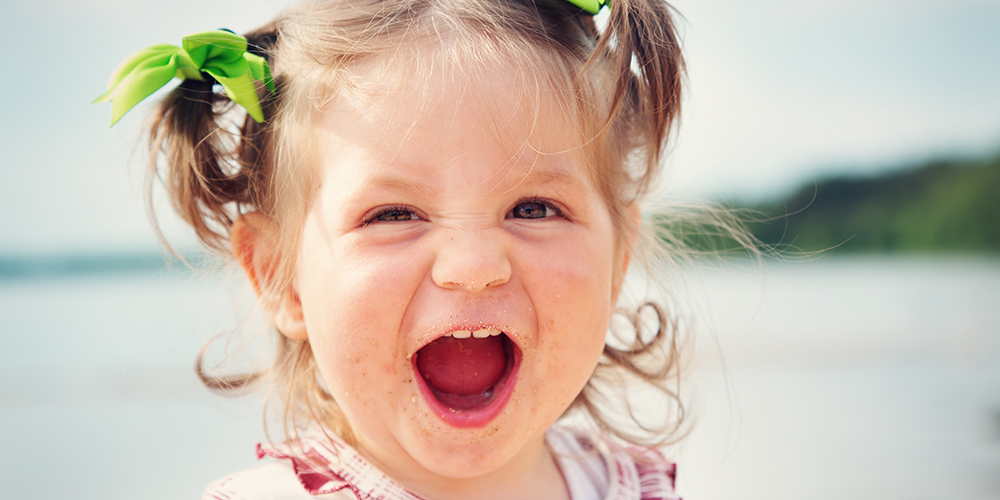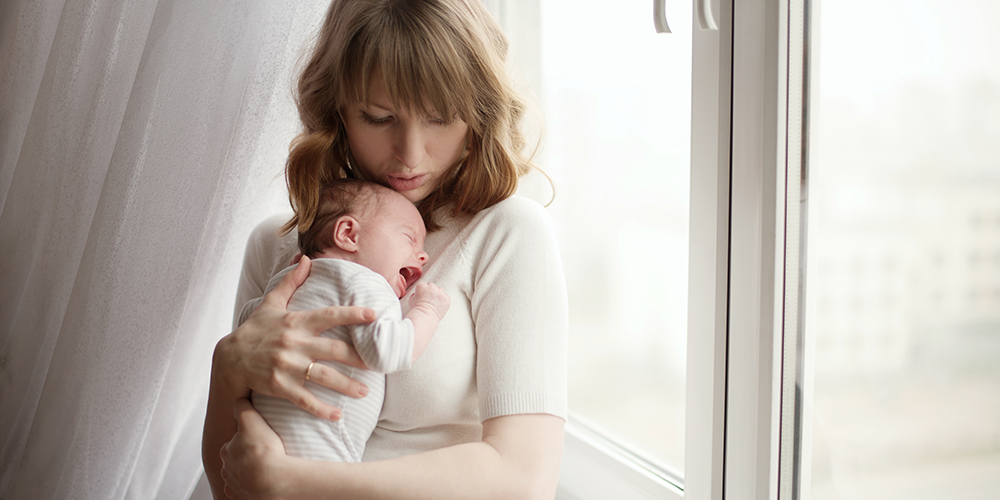I’ll never forget the first time I picked my adopted, bi-racial son up from the church nursery. One of the workers was contentedly rocking him. As I approached she said, “Isn’t he precious?” I smiled and nodded my agreement but she made no effort to relinquish him to me. I figured I’d take advantage of the extra hands and go ahead and collect the diaper bag and blankets and what not then returned to the side of the rocker. She smiled and continued rocking. I went over and checked to be sure that I had signed him out properly and came back a third time and finally said, “Well, I think we’re going to have to go now.” Her eyes widened into sauces and she gasped, “Oh, I am so sorry. You were not the mamma I was expecting to come get this baby!” No, I suppose the lily-white, redhead standing before her was not the obvious match to the beautiful brown boy she’d been snuggling, but he was mine just the same. Being a transracial adoptive parent has its challenges.
Eighteen years and five transracial adoptions later, I’ve heard it all. Some situations reflect well intended but misguided efforts, others are thoughtless and insensitive, and still others are downright rude. Here are some things you will likely face as a transracial adoptive parent:
1. Not being automatically recognized as your child’s parent
This happened many more times than the situation described above and continues to happen as our children have gotten older. Every birthday party at a friend’s house, every parent/teacher conference, every new activity is a potentially confusing introduction waiting to happen. A sense of humor comes in really handy at these moments. It may also help to remember than many biologicall- formed interracial families are dealing with the same thing.
2. Being eyed suspiciously while interacting with your child
This is particularly relevant to fathers and especially uncomfortable if your child happens to be crying. My poor husband has suffered the indignity of carrying more than one weary toddler out of a store as they scream, “I want mommy!”
3. Being asked very personal questions about your adoption and your child’s birth family
“Are you babysitting?” was a common reaction to our family outings. It’s harmless enough but unfortunately, the explanation (no, these are our children) often opens the door to much more prying interrogations. And unfortunately, most people are ignorant of adoption positive language, opting instead for questions like, “What happened to their real parents?” or “Are they real brothers/sisters?” For the most part, I try to see these as opportunities to educate the general public about adoption and also tackle racial stereotypes.
4. Being asked about the adoption process
Lots of people have “thought about” adoption, and when you are part of a transracial adoption, it’s like a neon sign letting everyone know that you have the answers to their questions. Sometimes I have nowhere in particular to be and will gladly talk through specifics. But when you just don’t have time (or energy), it can be helpful to drop a few good resource references (i.e. Adoption.com) and leave them to do the research.
5. People will stare
My two sons and I were having lunch with a friend and her children one day. She leaned over and said, “How did you get use to this?” I guess I had grown accustomed to it because I wasn’t even aware of all the looks being cast in our direction. It happens. Sometimes it’s benign curiosity and other times it’s, well, other things, but it’s almost always best to ignore it.
A good dose of laughter, transparency, and giving people the benefit of the doubt can help in all these scenarios but remember, how much or how little you share about your experience is up to you. If someone’s line of questioning is too much or makes you feel uncomfortable, a polite “that’s none of your business” works, too.


